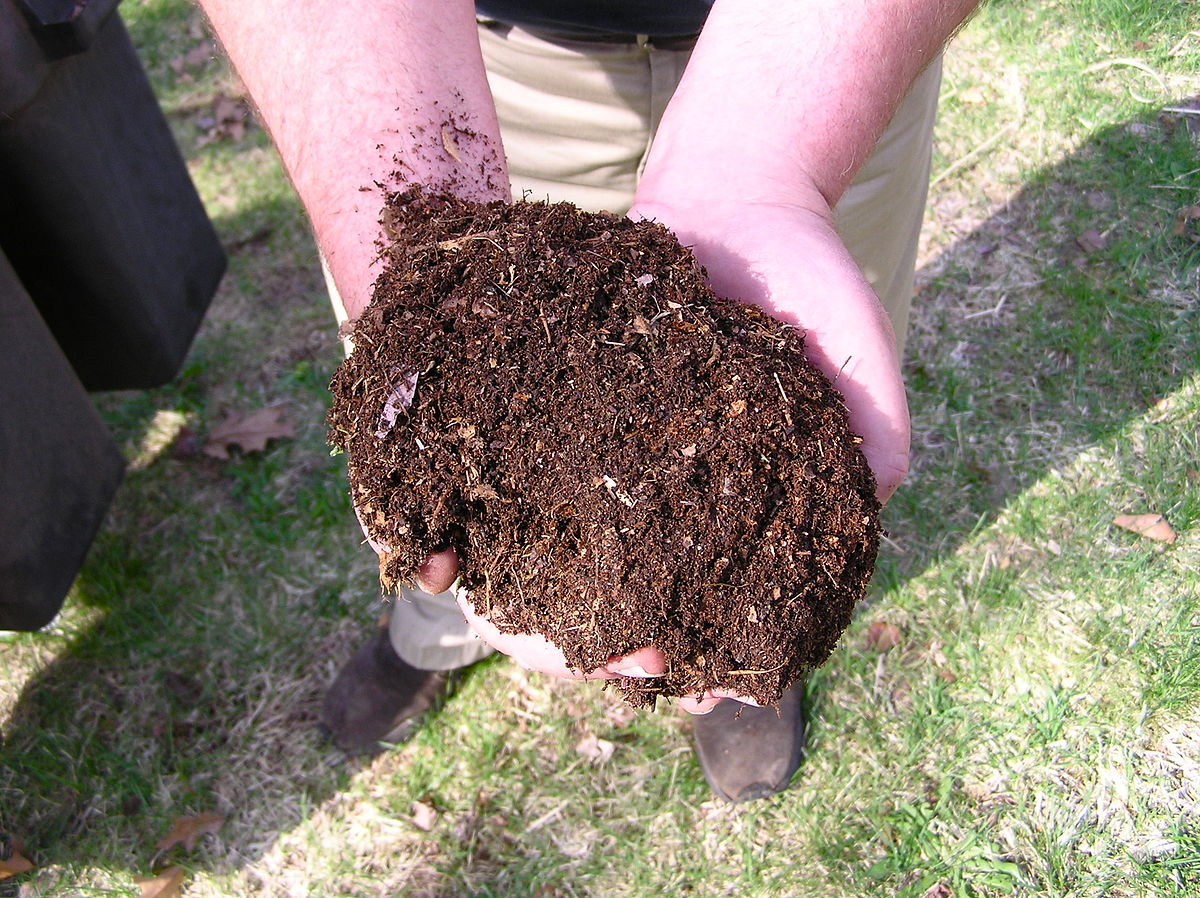Students can rest assured that any food they consume – or rather, don’t consume – in Danforth Dining Hall is composted and saved from ending up in a landfill. But what about University students or staff who live off campus? For individuals living off-campus, a company called Community Composting can step in where Danforth leaves off. Community Composting is a small, independent Rochester-based company that provides composting services for residential households.
The process is simple: register for the service for a monthly or annual fee, and Community Composting will drop off a bin to your door. Fill the bucket with whatever compostable waste materials you generate in your home, and once a week Community Composting will pick that bin up and leave you with an empty one. All of the actual composting will be done for you, and once it is, you can have some of the compost delivered right back to you (or you can opt to receive an organic kitchen plant instead). Whatever compost isn’t returned to customers is given to local farmers, meaning that it’s used to help enrich the soil of your own community.
So why should you do it? By composting, not only will you be reducing the amount of waste that ends up in our landfills, you will also be improving the soil in your own yard and in your own community. American generates 34 million tons of food waste each year, and with only 3% of that being recovered and recycled, it’s not difficult to see why food waste is the largest component of solid waste that goes into landfills and incinerators. You can do your part to reduce these numbers, one composting bin at a time.
To find out more information about Community Composting, check out their website.
Ciara McGillivray, Class of 2018
Photo “Compost-dirt” by normanack – http://www.flickr.com/photos/29278394@N00/2457055952/. Licensed under CC BY 2.0 via Wikimedia Commons – http://commons.wikimedia.org/wiki/File:Compost-dirt.jpg#/media/File:Compost-dirt.jpg


When adding organic waste to your compost, don’t squash the materials down to make more space. Squashing the contents will squeeze out the air that microbes in the compost pile need to turn your garbage into gold. (Instead you’ll be promoting the anaerobic microbes, which also do a good job converting carrot peels and other organic matter into compost but tend to be a lot smellier.)